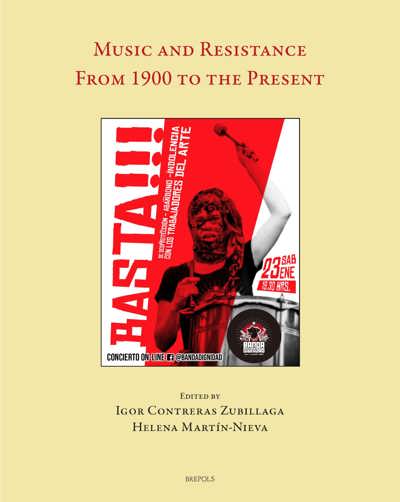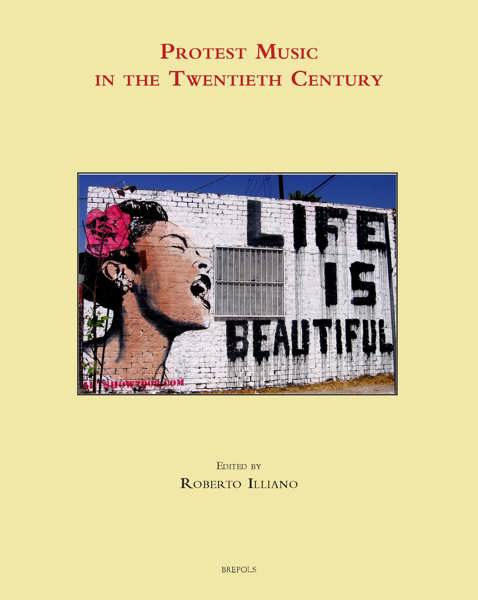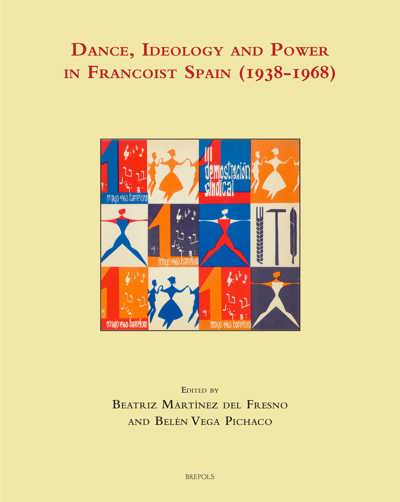
Luigi Dallapiccola between Politics, Text and Musical Thought
With an Appendix of New Sources
Roberto Illiano (ed)
- Pages: xxviii + 354 p.
- Size:210 x 270 mm
- Illustrations:14 b/w, 56 col., 47 music examples
- Language(s):English
- Publication Year:2025
- € 110,00 EXCL. VAT RETAIL PRICE
- ISBN: 978-2-503-61567-7
- Hardback
- Available
This volume offers essays on Dallapiccola’s mature works, from the 1940s through to the 1970s, including the so-called ‘protest music’ works (Canti di prigionia, Prigioniero and Canti di liberazione), with analyses related to text, timbre and compositional process.
Roberto Illiano is General Secretary of the Centro Studi Opera Omnia Luigi Boccherini and President of the Italian National Edition of Muzio Clementi’s Complete Works. General Editor of the series ‘Speculum Musicae’ and ‘Staging and Dramaturgy: Opera and the Performing Arts’ (Brepols Publishers), he is a member of the advisory board of the Italian National Edition of Luigi Boccherini’s Complete Works (Secretary Treasurer) and the Italian National Edition of Pietro Antonio Locatelli’s Complete Works (Secretary Treasurer). A founder of Ad Parnassum: A Journal on Eighteenth- and Nineteenth-Century Instrumental Music, he is a member of the editorial staff of the series ‘Ad Parnassum Studies’ and ‘Quaderni Clementiani’ (Ut Orpheus Edizioni). He has published a variety of writing (edited volumes, articles, editions, and dictionaries entries) on nineteenth- and twentieth-century music.
Luigi Dallapiccola represents one of the most important Italian composers of the twentieth century. Born in Pazin, on the border between three frontiers, he experienced a certain multiculturalism from a young age that led him to take an interest in the new musical languages that were flourishing. Approaching the music of Schoenberg, from the 1930s he began his natural inclination toward twelve-tone music, which he developed fully after the 1950s. After 1950, the composer sought to bring his work into a principle of structural unity and stylistic uniformity, directing himself «toward patient clarification, toward sensibility, not theory». This volume offers essays on Dallapiccola’s mature works, from the 1940s through to the 1970s, with analyses related to text, timbre and compositional process. In addition, the volume is enriched by an important section of musical and documentary sources, reproducing letters from and to Dallapiccola, as well as musical autographs, sketches, and quotations from works such as Sex Carmina Alcaei, Il prigioniero, Canti di liberazione, and Ulisse.
Roberto Illiano, Introduction
Musical Thought
Pierre Michel
Melodic Motives and Polyphonic Textures in Sex Carmina Alcaei and Other Cycles of Luigi Dallapiccola’s Liriche Greche: A Subjective Approach to «Perception Units»
Ben Earle
Structure and Expression in Twelve-Note Music (with Some Notes, in Conclusion, on the First Movement of Dallapiccola’s Rencesvals)
Sabrina Clarke
Time, Teleology, and Narrative in Luigi Dallapiccola’s Canti di liberazione
Text
Mila De Santis
Implicit, Explicit and Explicated Sources in Dallapiccola’s Dramaturgy: Notes on the Librettos for Volo di notte and Il prigioniero
Simone Ciolfi
From Bible to Opera: Luigi Dallapiccola’s Job
Timbre and Orchestration
Roberto Illiano
Berlioz’s Traité d’instrumentation: Unpublished Notes by Luigi Dallapiccola
Pierre Michel
The Composite Timbre of Luigi Dallapiccola’s Vocal and Instrumental Works since 1950: A Study on Writing, Sound, and Performance
Politics and Sources
Simone Ciolfi
Luigi Dallapiccola and the Accademia Filarmonica Romana
Luca Lévi Sala
Luigi Dallapiccola’s Unpublished Correspondence to Henri Martelli (1948-1949): The ISCM and a Post-Fascist Italian Political Polemic
Appendix
Unpublished Correspondence and Musical Sources
Index of Names




